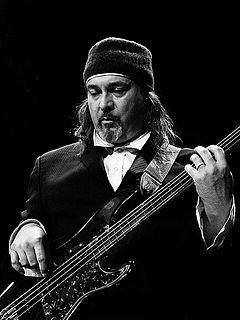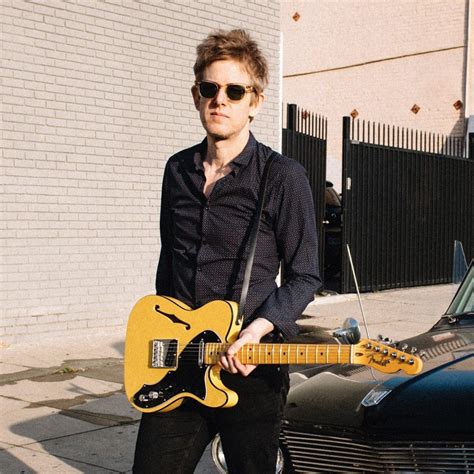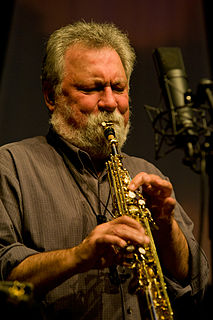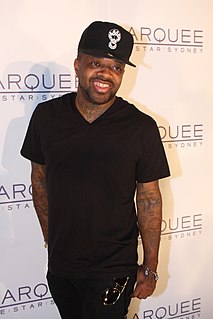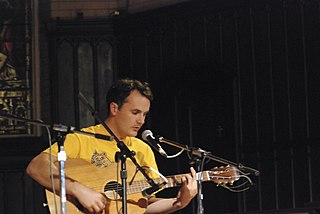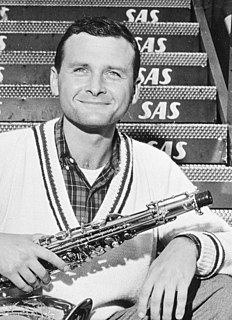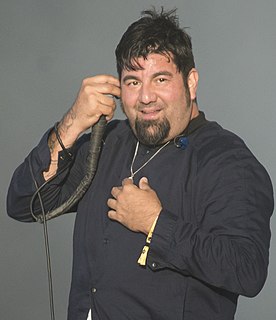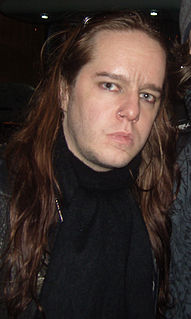A Quote by Paul Rodgers
A lot of those early blues records and soul records were pretty much live. It was what it was, and they had goofs and mistakes, but it still kept its charm. We have to remember to keep the feel. It's so important.
Related Quotes
I bought a Three Dog Night album when I was pretty young, and I remember listening to all those songs. That's just greatly crafted songwriting, and the songs have such great harmonies. I remember marveling over those and trying to figure them out on piano. That was my early education - figuring out records, older records, as a kid.
I have a lot of analog. I think a lot of people do. There are a lot of people that are re-discovering it. I still have a lot of my old records from back in the day. It's a joy to play things like Junior Wells' 'Hoodoo Man Blues,' and John Mayall & The Blues Breakers with Eric Clapton. There's a warmth that you can still feel.
My mom had early rap records, like Jimmy Spicer. In the middle of the records was a turntable and a receiver - I used to scratch records on it - and on top was a reel-to-reel. In front of that wall were more stacks of records. It was either Mom's record or Pop's record, and they had their names on each and every one.
I just think that's more exciting. When people used to cut records live, there were mistakes all the time that stayed in. It was part of the charm. You're kind of missing something if everything is all doctored-up and clinical. So when we hear a mistake that sounds interesting, we make a point to keep it.
I have a feeling a lot of the records I grew up listening to and the records I still like, as hard as musicians worked making them, I feel like they were really enjoying what they were going through. They weren't just going through the process. You can tell that with certain things that you listen to.





